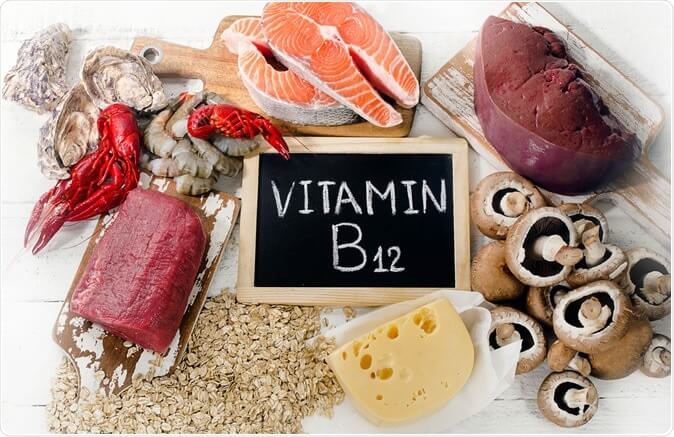Many people around the world decide to go vegan for their own, personal reasons. It might be for their health, ethical reasons, to help fight climate change, or simply because they’ve not a fan of animal products. Whatever the case may be and as popular as veganism has become in recent year, the vast majority of people are unwilling to adopt it into their lives, as is their choice.
But it also means that there are scores of people out there that have been given a misconception about what veganism really is and what it represents. This has created countless myths that continue to circulate in everyday life. Here we will look at some of the most well-known of these myths.
Vegans Are Deficient in Protein
It’s one of the most common arguments against veganism, and stems from the belief that only animal products contain enough protein to sustain a human body. The truth is that all protein ultimately comes from plants, and on average, most vegans get 70% more protein than they actually need on a daily basis, if they are eating whole foods, like beans. In fact, those that eat foods based mostly on animal meat and fats tend to have more of a deficient than those with plant-based diets.
Vegans Lack Vitamin B12
Similar in many ways to the protein argument, this one is instead focussed on Vitamin B12, a vital vitamin responsible for a host of functions within the body. Our ancestors would have received adequate B12 from fresh water and other sources, but today most of our water has been heavily chlorinated, removing the microbes that produce B12. The B12 that meat-eaters get is not so much from the actual meat, but the supplements that are given to the animals that supply the meat.
Veganism Is Just a Trend
Many people around the world believe that veganism is nothing more than a passing trend, and that it will one day die away. But veganism is by no means a new movement, and humans have been eating plant-based diets for thousands of years. The name “veganism” is simply a modern term for a system of eating that has been a part of human history for countless generations and will never be just a passing phase.
Soy Increases Oestrogen Levels
Soy is one of the preferred types of food for a vegan, packed with protein and other essential minerals and vitamins. It’s been a long-held belief that eating soy leads to increased oestrogen levels, something that most men don’t want. But the belief is based on a misunderstanding on studies done many years ago, meaning that there’s nothing wrong with eating a soy-based snack while watching TV or playing online bingo New Zealand. What actually occurs is that the isoflavones that consist within soy bind to the same receptors as oestrogen, but it does not cause oestrogen levels to increase from consumption.
Veganism Is Healthy
This is one for the vegans themselves: veganism does not always mean a healthy diet. There are a lot of unhealthy highly processed foods that are vegan but do plenty of damage to the body. It’s vital to maintain a whole food, plant-based diet that offers plenty of fibre.

